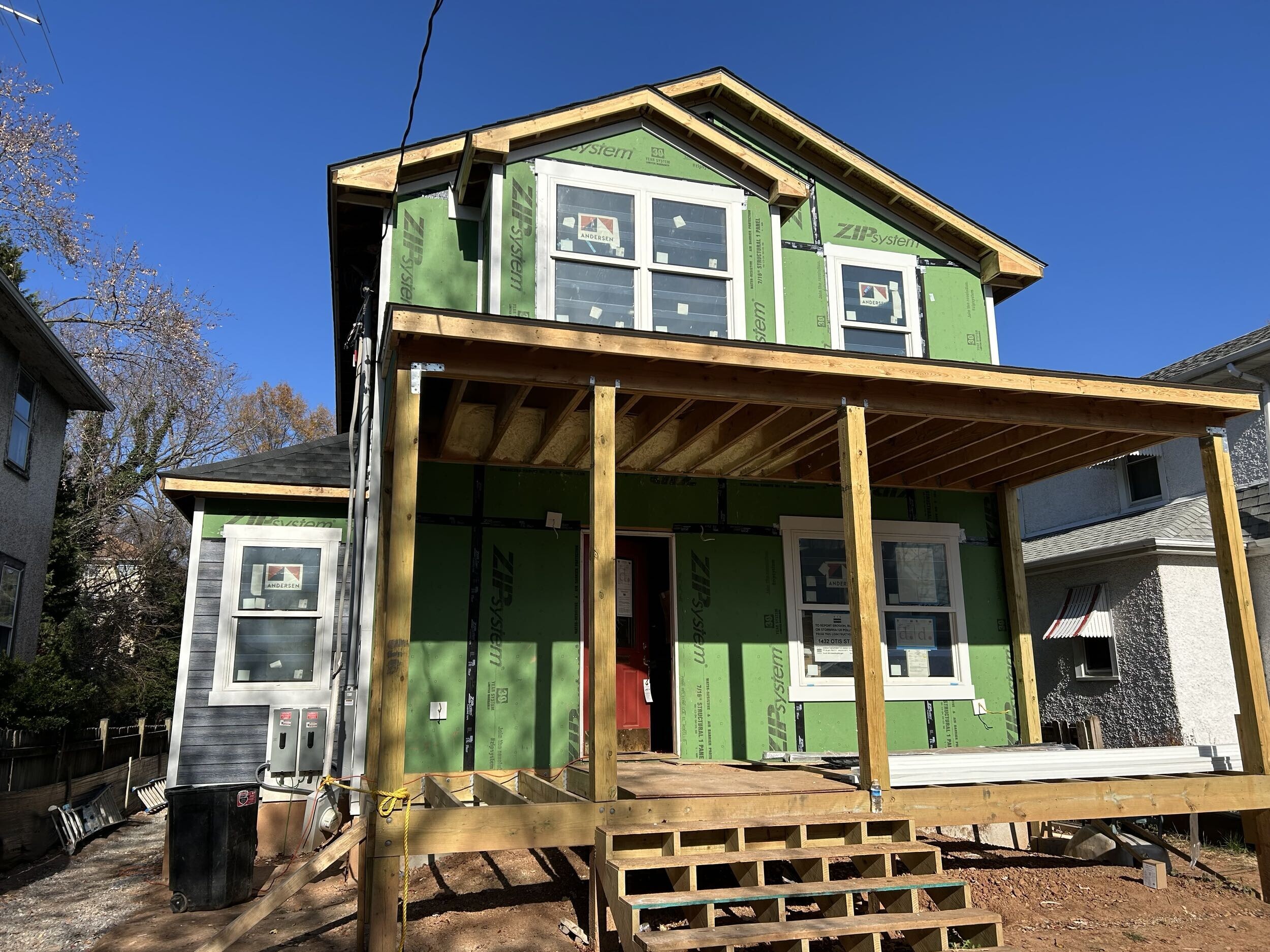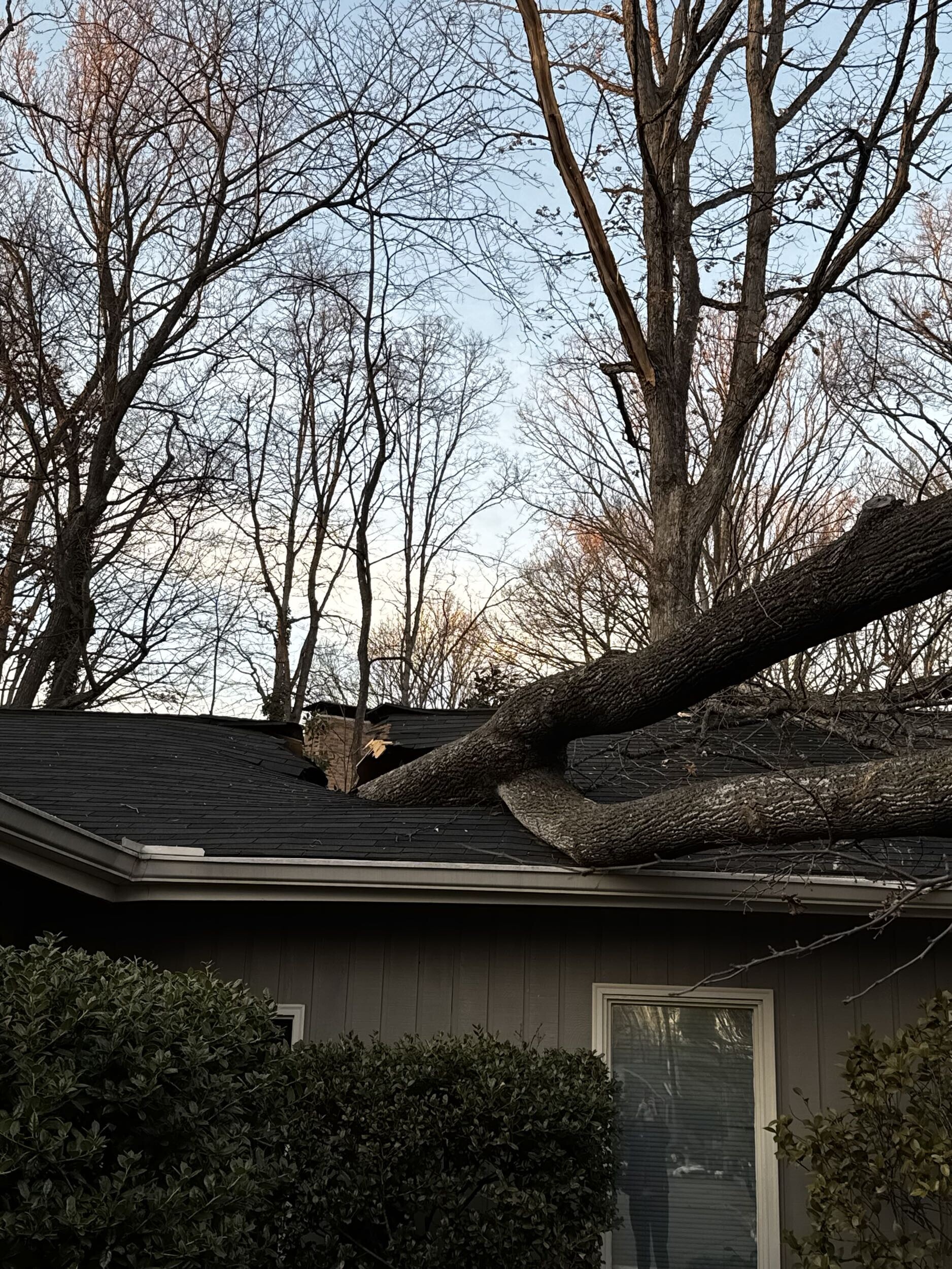Where do home renovation myths start? Maybe in the aisles of your local hardware store or parking lot of the lumber yard. They get traded back and forth and whispered to people who may actually believe the tall tales—until they find themselves sitting under a pile of splintered wood and drywall dust.
To spare you from deciphering fact from fiction, we’re here to set the record straight: Here are some home improvement myths you can stop believing right now. It’s time to get real when it comes to what’s really in store when you decide to embark on a little remodeling.

1. ‘Whatever money I spend on upgrades I’ll get back when I sell’
There’s a common misconception among homeowners that they can add the full cost of any improvement to the price tag of their home when it’s time to sell.
“We’ll hear things like, ‘I spent $10,000 finishing the basement, so I should be able to add that to the asking price,'” says Cedric Stewart, a residential and commercial sales consultant at Keller Williams in the Washington, DC, area.
Not only is this downright false, homeowners who overprice their home on the basis of this myth will be at a huge disadvantage when their home sits on the market.
Bottom line: Improvements don’t provide a dollar-for-dollar return on investment (ROI) but a percentage. For example, adding a deck usually gets you a 75% ROI and finishing the basement sees a 72.8% ROI.
2. ‘Permits are optional’
Permits seem like a massive pain—and sometimes they are—but they exist to protect you. If you skip the permitting step and you’re found out (or your neighbor reports you), beware! You’ll face fines and maybe even be forced to undo the work altogether, says Stewart.
So however seemingly small the scale of a project, always reach out to your local building department to find out if the work needs permits. Your local officials may also tell you that licensed contractors, not handymen, need to perform the permitted work.
Remember, if you sell, buyers will also want to know a project was done to code by a licensed contractor. Unpermitted work is often a deal breaker.
3. ‘It’s cheaper to DIY’
You may be able to handily tackle some small jobs around the house, but most major home improvement projects go better with a pro. After all, there are a ton of DYI dangers, like making sure you have the right protective equipment or protecting the rest of the home from contaminants or circulating dust.
If you try to DIY anyway and make a mess of things, it could be even more expensive to hire a pro to fix what went wrong than if you simply hired one in the first place, says representative Dina Dwyer-Owens of Neighborly, a community of home service experts.
So instead of looking to do big projects in your spare time to save money, remember that time is money (and save yourself a whole lot of headaches).
4. ‘Repairs are cheaper than replacement’
Some repairs are a temporary fix that will often cost you more in the long term. This is especially true when doing a repair won’t always fix the whole problem and can lead to further damage and needless cost, says Eli Williams, general manager at Opal Windows and Siding Co.
For example, when a roof is in need of repair—and of a certain age—it’s often time for a full replacement. Warranties also come into play in this situation. Whereas most repairs aren’t covered by a warranty, a full roof replacement normally comes with a substantial warranty coverage between 10 and 25 years.
5. ‘Building a pool will instantly add value to my home’
This myth can sometimes be true, but only in relation to homes in areas with yearlong warm temperatures.
“Otherwise, pools can be a costly liability, both for you and the future home buyer,” says Robert Douglas of Certified Leak Detection.
Why? Because pools require a lot more time and maintenance than most people think. And according to the National Association of the Remodeling Industry, you will recoup only 39 cents for every dollar you spend on a pool!
6. ‘Always follow design trends’
It’s tempting to take the latest Pinterest home improvement eye candy and integrate it into your home. But consider how long the paint color Millenium Pink or shiplap building material will be popular. For instance, dual sinks were all the rage for a while, but now top the list of bathroom design trends that turn off buyers.
Whatever project you’re facing, contractors have been there and done that. Ask your pros for advice on how to approach home improvement with an eye on longevity.


